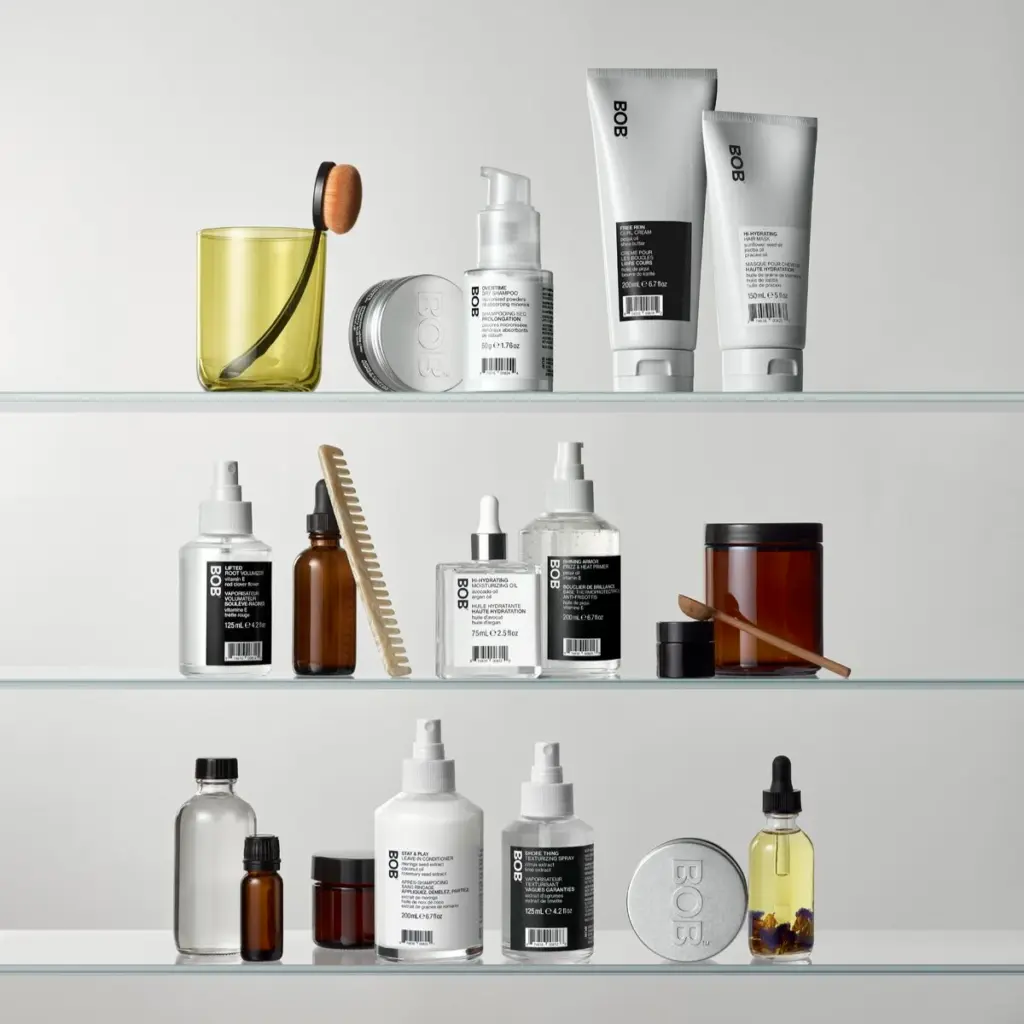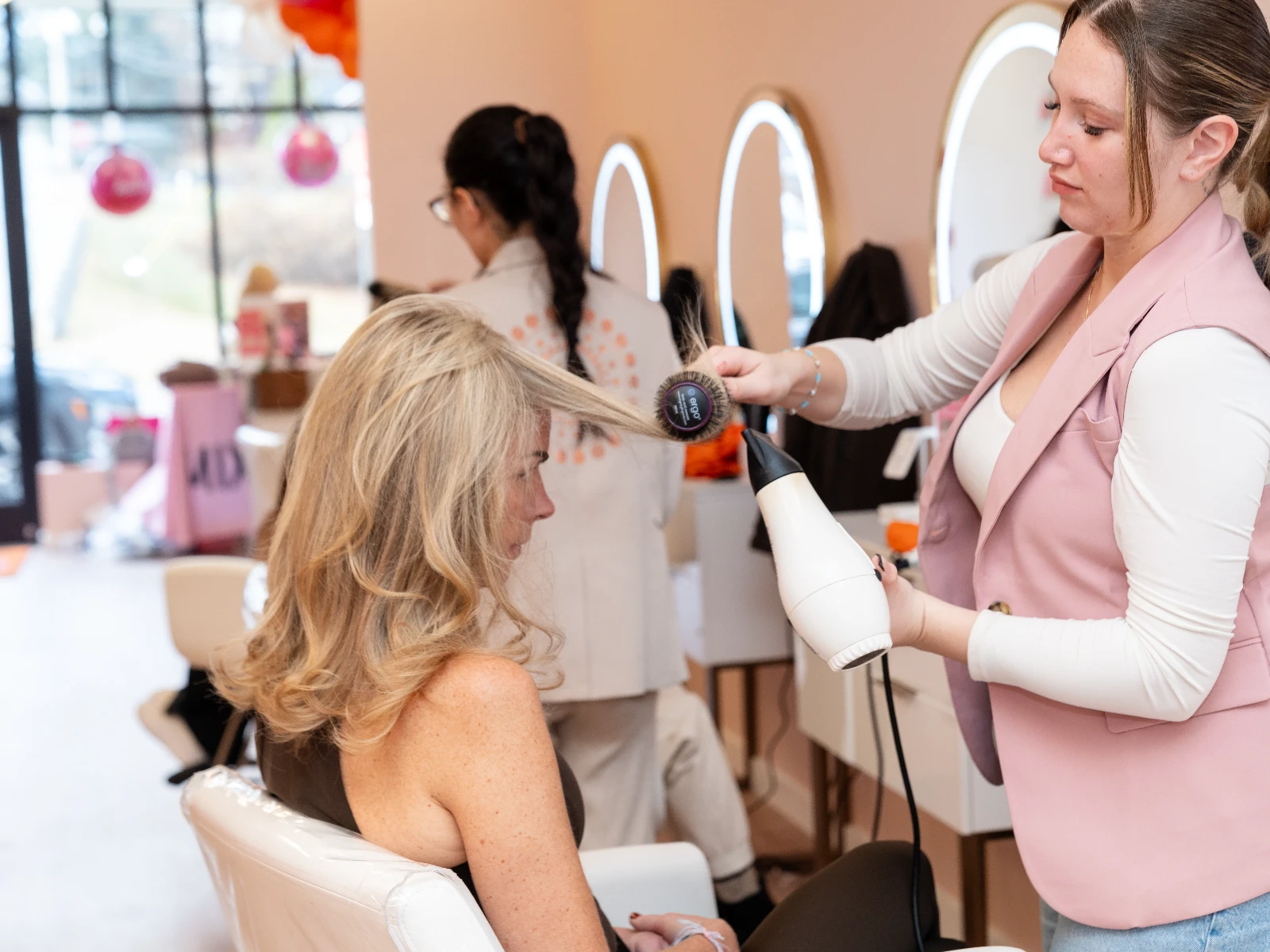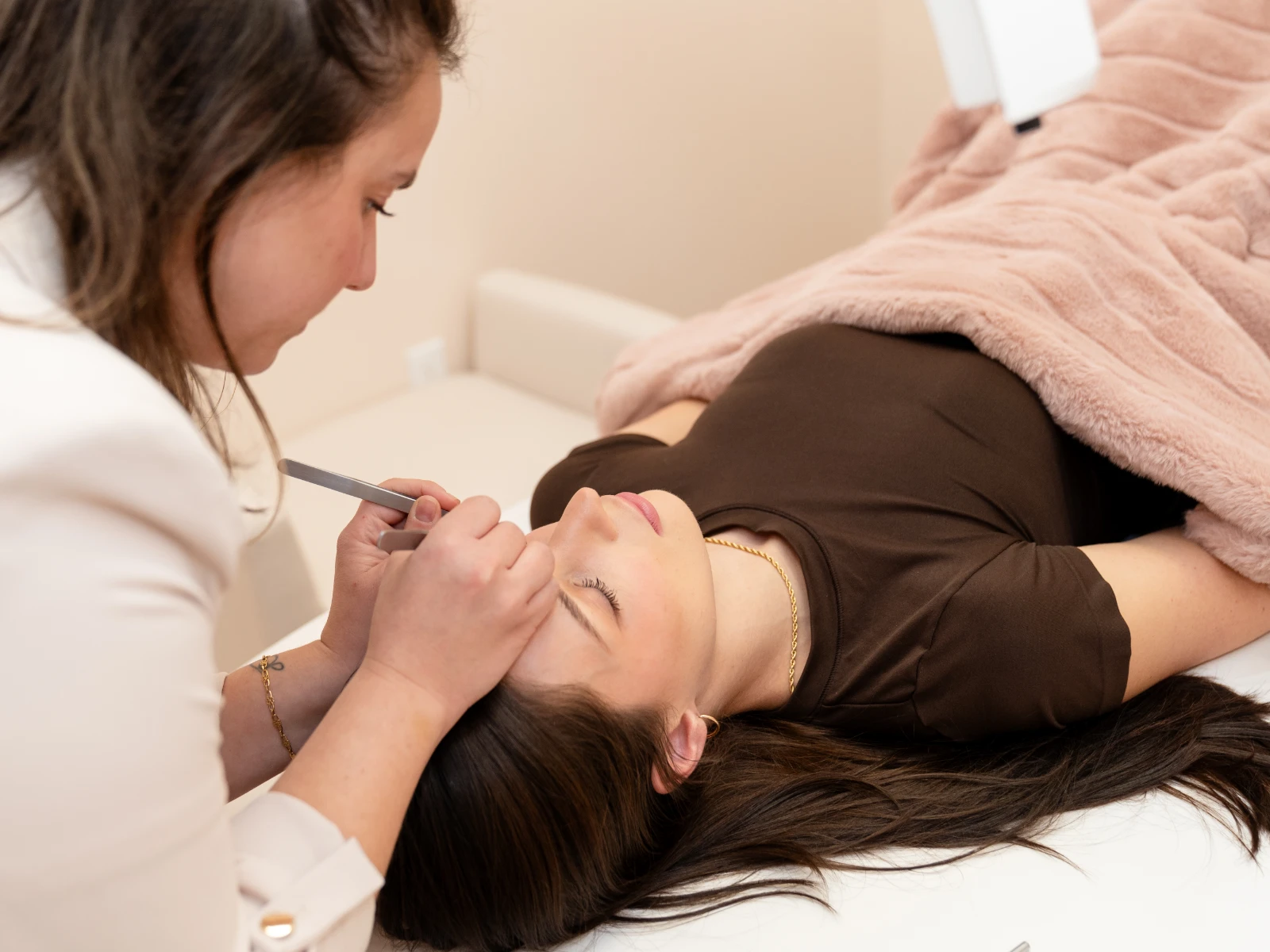For aspiring entrepreneurs, the beauty franchise industry presents a compelling investment opportunity. The sector offers a unique model that merges the autonomy of business ownership with the foundational support of a proven system.
This positions it as a strategic alternative to building a business from scratch, providing a structured pathway for professionals to establish a significant enterprise in a thriving market.
The Beauty Industry: A Profile of Resilience and Growth
An analysis of market data reveals a powerful narrative of industry strength. The beauty sector is characterized by its remarkable resilience, maintaining consistent consumer demand even amidst economic fluctuations. Consumer spending in this area remains robust, as services related to personal appearance and well-being are often viewed as essential self-care rather than discretionary luxuries.
This stability is quantified by significant market growth projections. The global beauty salon franchise market, valued at approximately $75 billion in 2023, is forecasted to reach $120 billion by 2032, reflecting a compound annual growth rate (CAGR) of 5.5% (DataIntelo, 2023). When expanded to the broader beauty and wellness franchise market, the outlook is even more robust, with projections indicating a rise to $160.87 billion by 2033 at a CAGR of 7.95% (Verified Market Reports, n.d.). These figures underscore a landscape of substantial and sustainable opportunity for new investors.
Franchise vs. Independent Operation: A Statistical Comparison
A primary consideration for prospective business owners is whether to launch an independent venture or invest in a franchise. While the creative freedom of an independent startup is appealing, statistical data reveals a significant advantage for the franchise model in terms of long-term viability.
Industry reports indicate that an estimated 85% of franchisees remain in operation after five years. This success rate stands in stark contrast to that of independent startups, where only 38% persist over the same period (Mooeys, 2022). This disparity is not incidental; it is the direct result of the franchise system’s intrinsic support structures.
Investing in a beauty franchise provides access to:
- Established Brand Equity: A franchisee begins operations with immediate name recognition and access to a customer base cultivated by the parent brand.
- A Proven Business Model: The franchisor provides a refined and optimized operational framework, eliminating the trial-and-error phase in key areas such as service menus, pricing, and supply chain management.
- Comprehensive Corporate Support: Franchise systems provide extensive initial and ongoing training, national and local marketing campaigns, proprietary software tools, and expert assistance in critical areas such as site selection and lease negotiation (Trimy Tones, 2025).
The franchise model allows an owner to launch with an established reputation and a team of experts providing guidance, thereby accelerating the path to profitability.
Specialized Niches within the Beauty Franchise Sector

The beauty industry offers a wide spectrum of investment opportunities beyond traditional salons. This diversity allows entrepreneurs to select a business model that aligns with specific market demands and operational strengths. Prominent specialized niches include:
- Lash and Brow Studios: These highly specialized boutiques capitalize on the immense popularity of services like eyelash extensions, brow lamination, and microblading. They often require a lower initial investment while fostering a dedicated, high-frequency clientele.
- Medical Spa (Med-Spa) Franchises: This rapidly growing segment merges aesthetic services with non-invasive medical procedures such as cosmetic injectables and laser treatments. These franchises appeal to a demographic seeking advanced, results-oriented skincare and beauty solutions.
- Hair Removal Studios: By specializing in services like waxing, sugaring, or laser hair removal, a business can establish itself as a market expert. These are considered essential maintenance services by many consumers, ensuring a consistent and predictable revenue stream.
- Modern Nail Salons: Contemporary nail salon franchises have evolved into luxury wellness destinations. They differentiate themselves through a focus on innovative nail artistry, stringent hygiene protocols, and a superior customer experience.
Overcoming Entrepreneurial Hurdles Through the Franchise Model
Launching any new business entails significant challenges. The franchise model is structured to mitigate many of these common obstacles, providing a smoother path to successful ownership.
- Access to Capital: Franchisors often have established relationships with financial institutions. These lenders are familiar with the franchise’s business model and performance record, which can streamline the process of securing financing for new franchisees.
- Real Estate and Site Selection: Identifying an optimal business location is a critical success factor. Franchisors employ specialized real estate teams that utilize demographic analysis and market data to help franchisees secure high-potential sites.
- Talent Acquisition and Training: A franchise provides standardized operating procedures and proven training programs for both management and staff. This ensures a consistent level of service quality and simplifies the process of building a skilled team.
- Marketing and Brand Awareness: Franchisees benefit from the collective marketing power of the brand. They gain access to national advertising campaigns and professionally developed local marketing toolkits, providing a significant competitive advantage over independent operators.
A Framework for Selecting the Right Franchise

The process of selecting the appropriate beauty franchise requires methodical research and careful evaluation. A disciplined approach is essential for making informed investment decisions.
- Strategic Self-Assessment: The initial step is an objective analysis of one’s own skills, interests, and financial capacity. An aspiring owner should consider which segment of the beauty industry aligns best with their professional strengths and long-term vision.
- In-Depth Market Research: This involves identifying and investigating franchise brands that align with the investor’s goals. This research should include an evaluation of the brand’s market position, target demographic, competitive landscape, and overall reputation.
- Thorough Due Diligence: The cornerstone of the selection process is a detailed review of the Franchise Disclosure Document (FDD). This legal document provides comprehensive information regarding the franchisor’s financial health, litigation history, and a full breakdown of all associated fees and obligations.
- Conducting Franchisee Interviews: A crucial step is to engage in confidential discussions with existing franchisees. These conversations can provide candid, real-world insights into the franchisor’s support system, the business’s profitability, and the day-to-day operational realities.
For professionals with entrepreneurial ambitions, the beauty franchise industry offers a distinct and highly structured opportunity.
The model offers a clear pathway to business ownership, mitigating common risks while maximizing the potential for success. It enables an owner to operate as an independent business leader, leveraging the significant advantages of an established brand, a proven operational playbook, and a supportive corporate network.
This framework facilitates the creation of a stable, profitable enterprise and the building of a valuable long-term asset.







